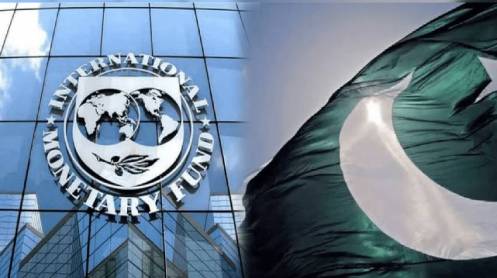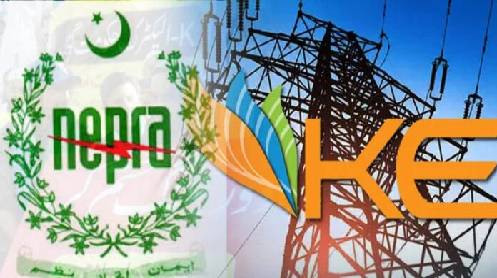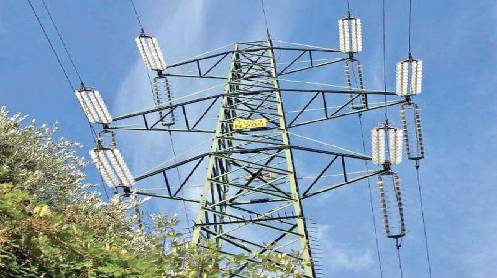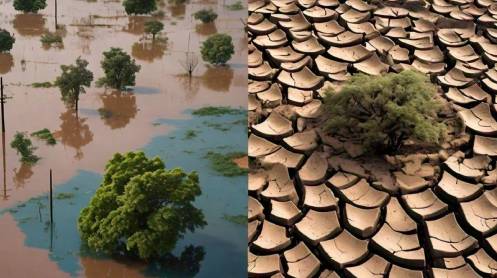Finance minister meets IMF mission chief for introductory talks Pakistan to redirect gas from captive power plants (CPPs) to national grid by January 2025
Joint session with power and petroleum divisions to address energy sector challenges
ISLAMABAD: The International Monetary Fund (IMF) has requested an in-depth, results-oriented update on Pakistan’s revenue system digitalisation efforts, focusing on AI-driven initiatives to expand the tax base and improve collections. Alongside these fiscal objectives, power sector reforms, especially those addressing the circular debt and gas supply policies, are high on the agenda.
A critical reform is Pakistan’s commitment to halting gas supplies to captive power plants (CPPs) by January 2025, redirecting resources to the national grid despite industry resistance. The IMF has remained firm on this measure, seeing it as essential to improving grid reliability and revenue collection within the energy sector.
During introductory meetings, IMF mission chief Nathan Porter and Finance Minister Muhammad Aurangzeb discussed the broader economic landscape. The session included State Bank Governor Jameel Ahmad, Minister of State for Revenue Ali Pervez Malik, and Federal Board of Revenue (FBR) Chairman Rashid Mehmood Langrial. The IMF team is conducting detailed technical sessions with key agencies, including FBR and energy regulatory authorities, while also assessing the ongoing circular debt management strategies.
The power sector’s recent performance has shown improvement, with circular debt rising by approximately Rs70 billion, below previous projections of Rs240-250 billion. This improvement is partly due to a recently approved circular debt management plan by the Economic Coordination Committee (ECC), led by the finance minister.
However, industry opposition to the planned gas cuts for CPPs, mainly from influential textile sector stakeholders, has intensified. Some are advocating for access to imported LNG at a blended cost, arguing that electricity connections are inadequate in certain industrial zones.
Today, the IMF will hold a joint session with Pakistan’s power and petroleum divisions to discuss key power sector issues, including circular debt, tariff adjustments, loss reduction, and revenue recovery programs. This meeting marks a crucial step toward fulfilling the requirements for Pakistan’s $7 billion Extended Fund Facility, with the next review scheduled for early 2025.
Story by Khaleeq Kiani





